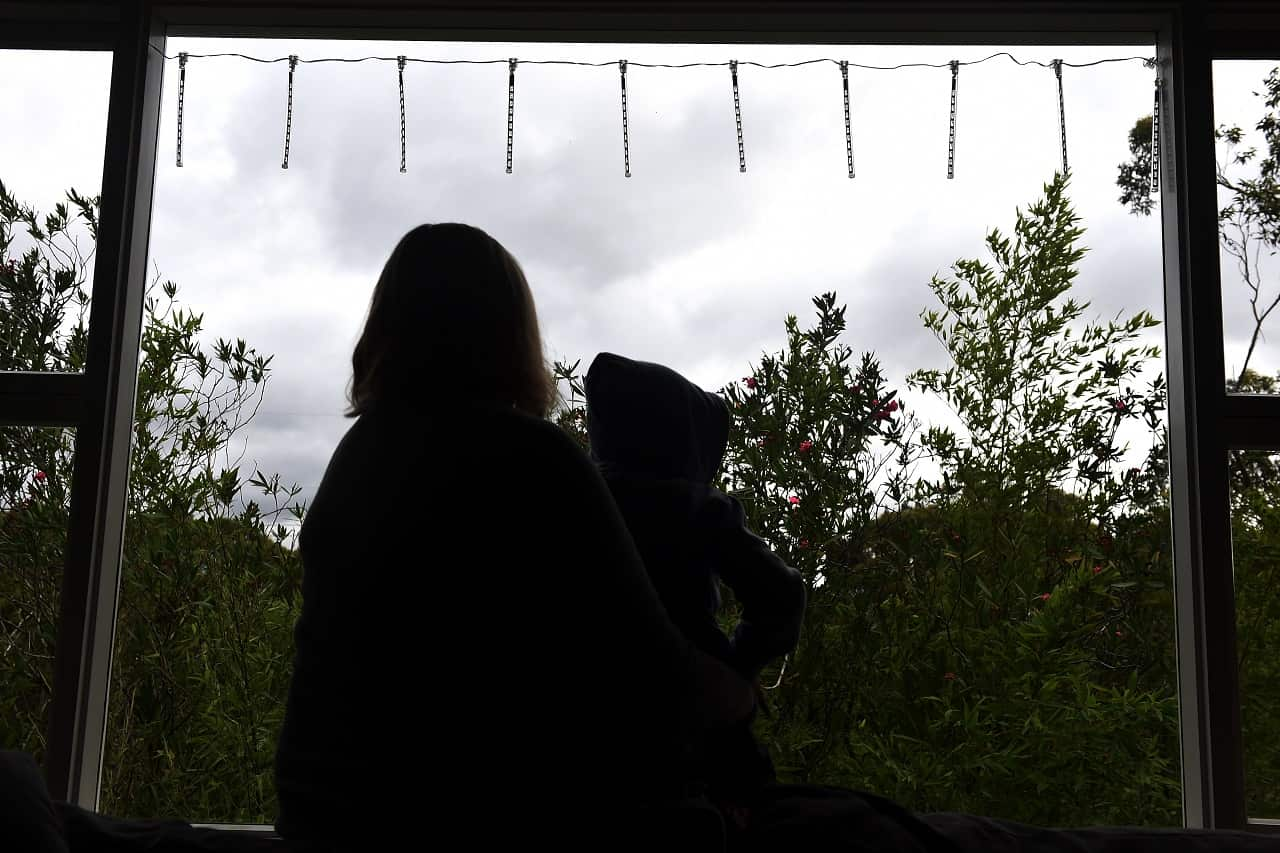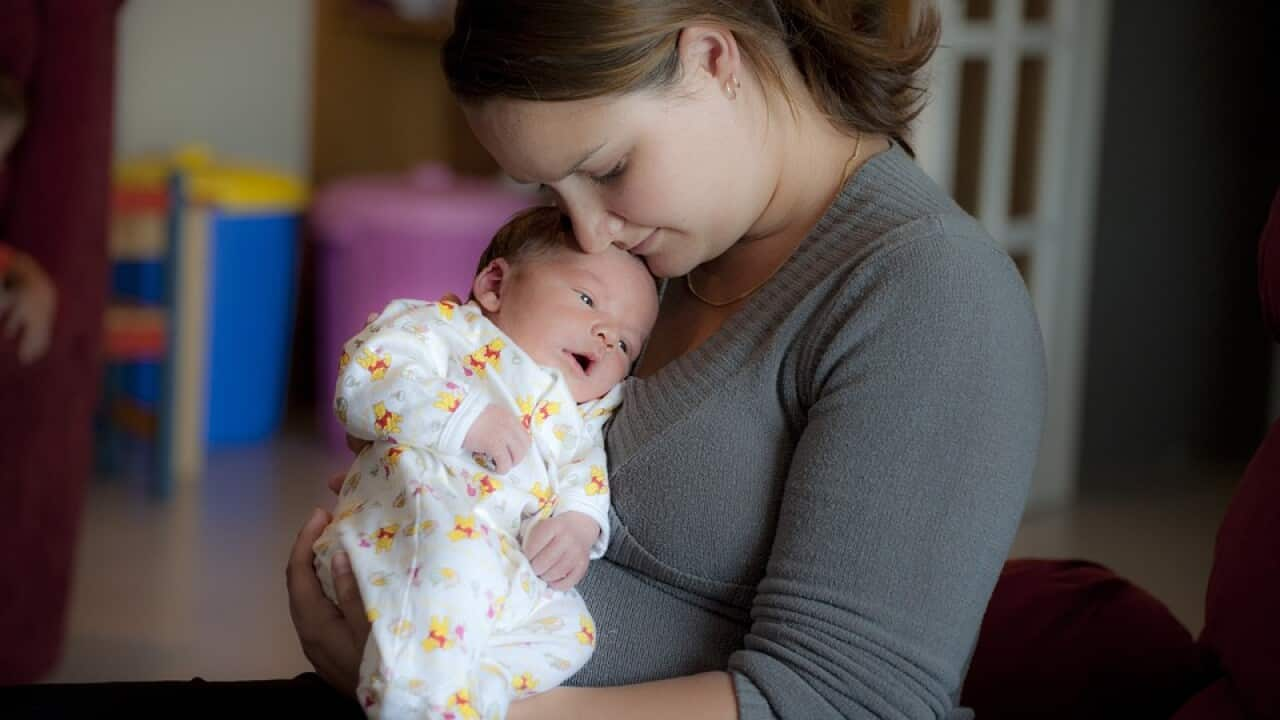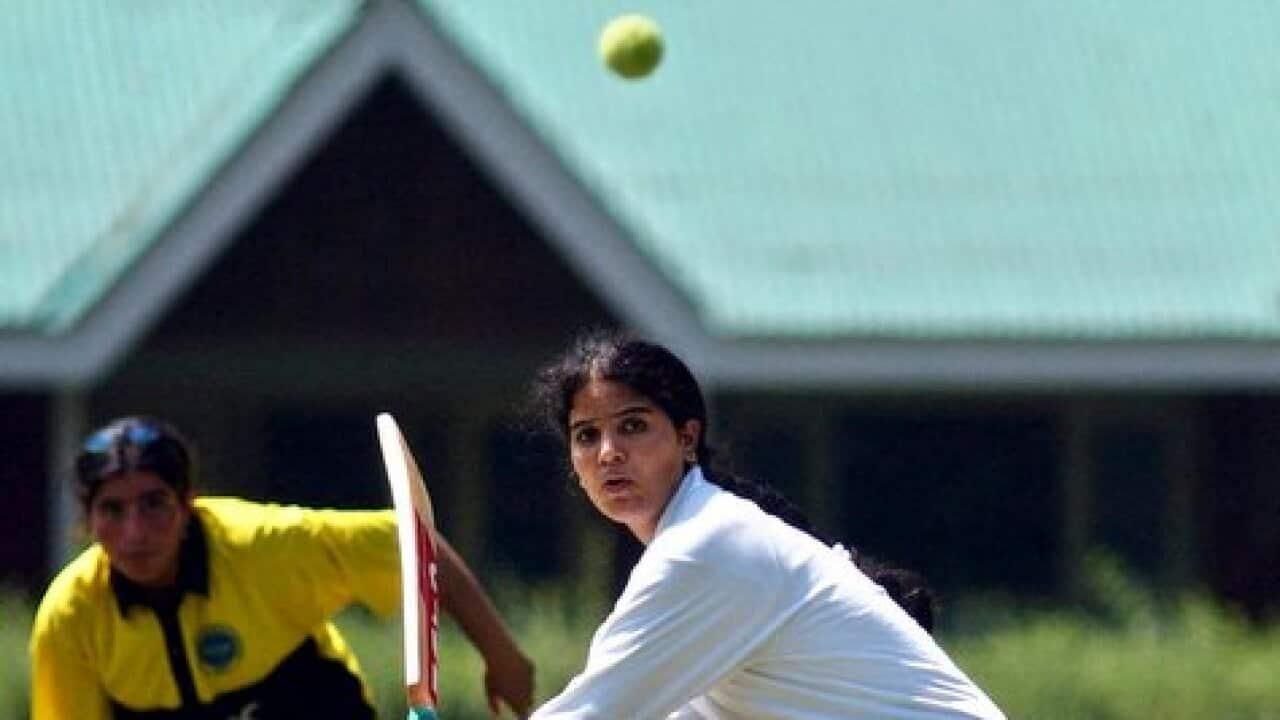Rashmi Shah says she felt like she was falling over the edge during the last couple of months of her pregnancy and after the birth of her baby girl.
Rashmi got married and moved to Australia in 2013 with her husband. She got the job in her field and people were friendly.
"It seemed like the perfect time to expand my family and I soon became pregnant with our first child," she says.
However, while she was initially feeling great about the pregnancy, Rashmi says she came across a video showing how painful labour can be. She says she had known about it but somehow that video affected her. Several weeks later, she started experiencing some troubling symptoms. She had a history of episodic anxiety and depression, usually centred around significant life transitions,
Several weeks later, she started experiencing some troubling symptoms. She had a history of episodic anxiety and depression, usually centred around significant life transitions,

"While most people have heard about postpartum depression, there isn’t the same level of awareness about mental health issues during pregnancy." Source: AAP
"But this experience was something far beyond anything I had experienced in the past," she says.
"When I was seven or eight months pregnant, I remembered sitting in my office one day when I started to feel completely terrified; there was nothing wrong at that stage. The baby was healthy, and family was happy, but I felt like crying all the time, I could not focus on work, so I had to take leave from my manager to go home.
'But instead of going home, I sat in the parking lot and cried a lot," Rashmi adds.
She says from there, things quickly deteriorated.
"I started catastrophizing, confident that I was going to feel this way forever, that I was never going to be able to go back to work, and that I wouldn’t make it through the pregnancy. I felt like I had fallen over the edge of a cliff and there was no way to get back up."
I also felt like I was losing my mind. From there, things quickly deteriorated. I started catastrophizing, confident that I was going to feel this way forever, that I was never going to be able to go back to work, and that I wouldn’t make it through the pregnancy. I felt like I had fallen over the edge of a cliff and there was no way to get back up.
One of her colleagues had seen her in the car park and asked her if he could help. He phoned her husband, who subsequently took her to the emergency department at her local hospital in the evening. However, doctors treating her that night said there wasn’t much that they could do, but instead wanted to monitor her overnight because she was pregnant.
That night in hospital, she says she could not sleep, sitting awake, rocking back and forth and moaning uncontrollably.
The next morning, she was assessed by psychiatrists and obstetricians. They immediately started treatment by giving her antidepressants. The doctors also explained that the medicine would take a while to take effect as it was the safer dose for a pregnant woman.
"I cannot thank the Australian health services enough," Rashmi says.
But, for few days after, though, she spent every waking moment in sheer panic. Her mother-in-law had been due to travel from India to take care of Rashmi in two weeks' time, but her husband summoned her to come immediately.
A psychiatrist who was treating Rashmi recommended spending more time with friends and other pregnant women. A gynaecologist who was treating her, also assured her that if she could not bear the pain, they could perform a cesarean section. Her mother in law also supported her. With the help of medication and family support Rashmi says things were getting better.
Perinatal mood and anxiety disorder
Dr Dharmesh Kothari, a specialist in Obstetrics & Gynecology in Wollongong says that these feelings are not uncommon.
"In many developed countries such as Australia, as many as 1 in 5 new mothers experiences some perinatal mood disorder and anxiety disorder (PMADs). These illnesses frequently go unnoticed and untreated, often with tragic and long-term consequences to both mother and child," he says.
In the many developed countries like Australia, as many as 1 in 5 new mothers experiences some perinatal mood (Perinatal mental health refers mainly to the mental health and well-being of a parent or caregiver, often the mother) and anxiety disorder (PMADs). These illnesses frequently go unnoticed and untreated, often with tragic and long-term consequences to both mother and child.
Rashmi delivered a beautiful baby girl on 15th October 2014 after C-section.
"Everyone was happy," she says, "And there was a celebration at my home in Australia and India."
But Rashmi says events changed when she returned from the hospital.
"When I came home from the hospital with the baby, I was told about a strange tradition in our family. My mother-in-law said that as per their family tradition, my baby and I were not allowed to come in direct contact of the sun and that no one can touch us for a month, as we were impure."
Rashmi was shocked and again felt stressed. It was her first baby, and she did not know how to manage things. She says she faced a lot of difficulties in getting up from the bed, breastfeeding and keeping the baby calm.
She says that whenever the midwife came to see them at home, her mother in law behaved like everything was normal, she would take the best care of Rashmi.
Rashmi says she again felt depressed, she felt alone and thought no one cared for her or her baby.
"I could not get enough sleep and felt like I was suffering from a never-ending panic attack," she says.
"I felt like my baby and I were a massive burden on family, in fact I once told my husband that he would be better off without us."
Rashmi says her husband loved her so much, and he was also upset to see her suffering but, he was afraid to go against tradition. She says that he was scared that if they did not follow the tradition something might go wrong in future.
However, she says that once her husband saw that she was crying in her room as she could not breastfeed the baby, because her nipples were sore, he immediately decided to take her to see their GP.
While most people have heard about postpartum depression, there isn’t the same level of awareness about mental health issues during pregnancy.
"At the medical centre, I broke down and cried like a child. The female GP who attended me was so experienced," Rashmi says.
"She calmed me down, prescribed some gel and nipple shields. She also explained how much the emotional support is needed at that point. She suggested my husband take me for counselling sessions. She also encouraged me to join a new mother's group."
Her mother-in-law, however, did not like the way her husband had, according to Rashmi "revolted". She returned to India.
"My husband took leave from work for a month and supported me with everything," Rashmi says.
"While most people have heard about postpartum depression, there isn’t the same level of awareness about mental health issues during pregnancy."
On the occasion of the World Maternal Mental Health Day, Rashmi says, "This awareness day may lead to more women getting the treatment and support that they need during pregnancy and beyond."
Share



